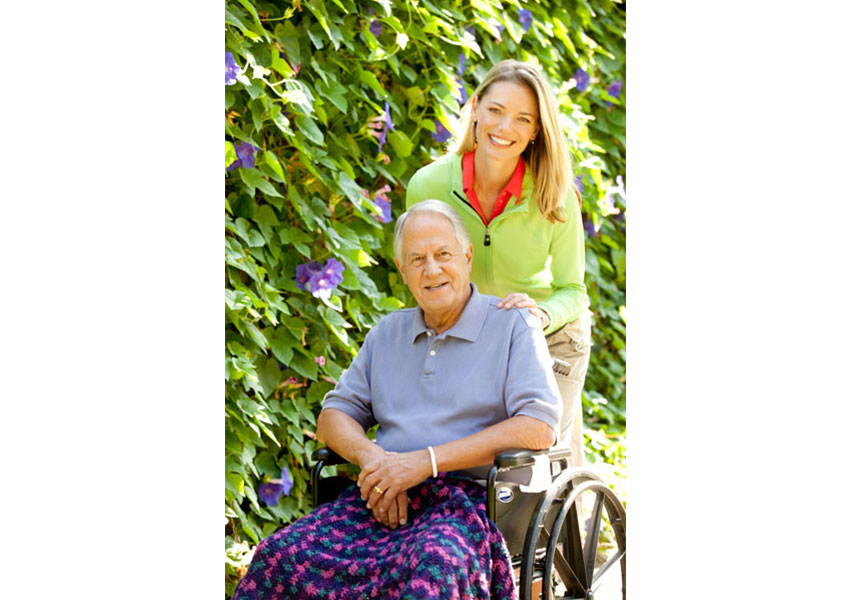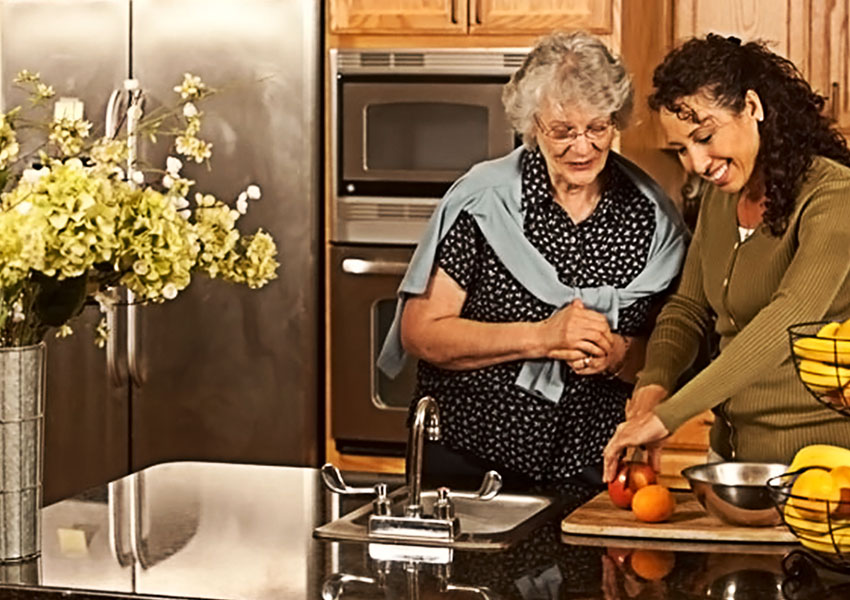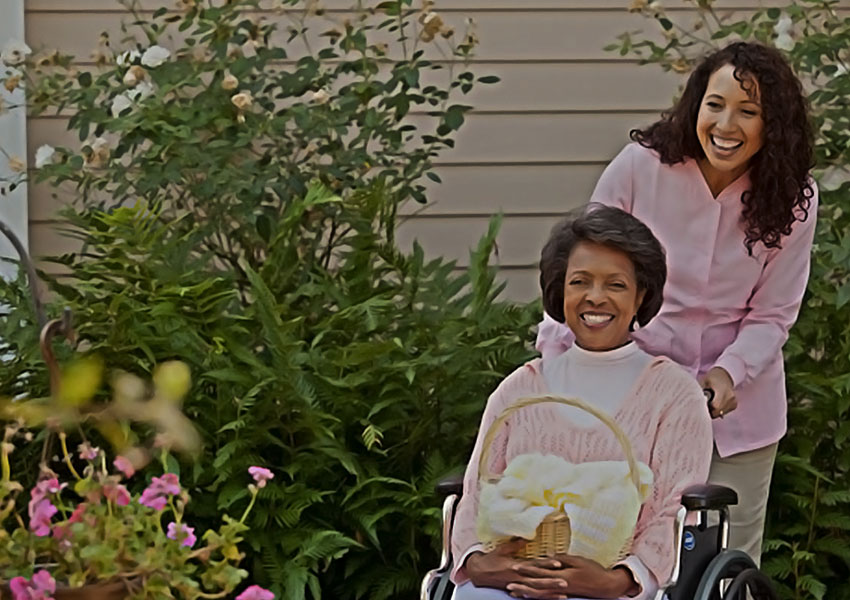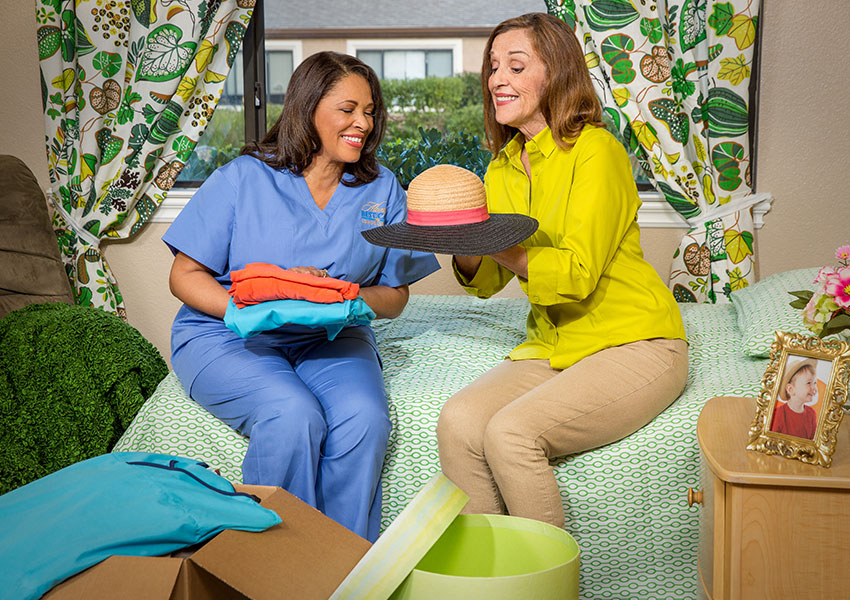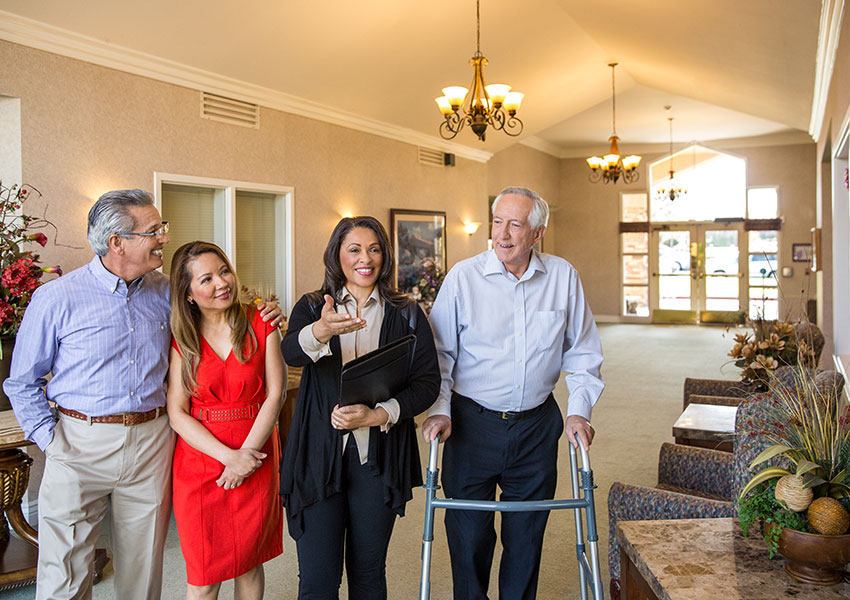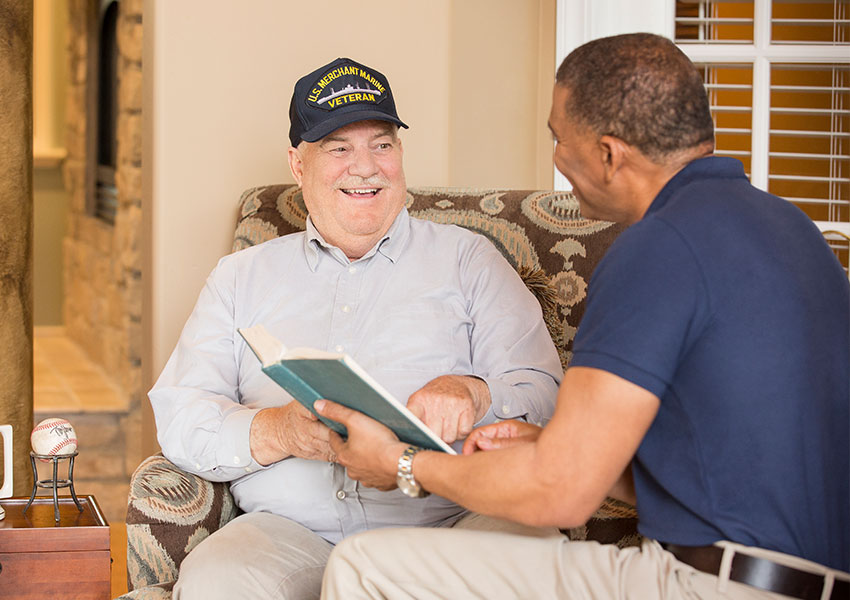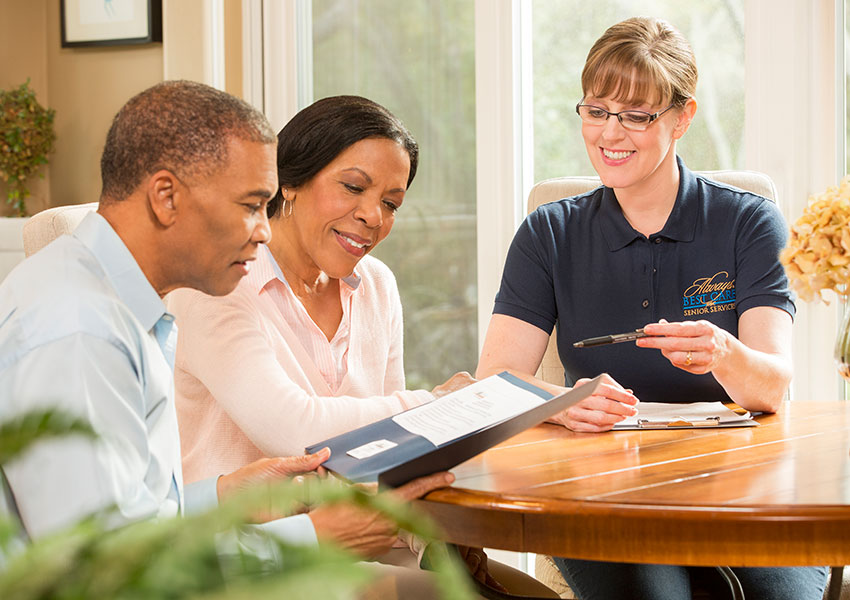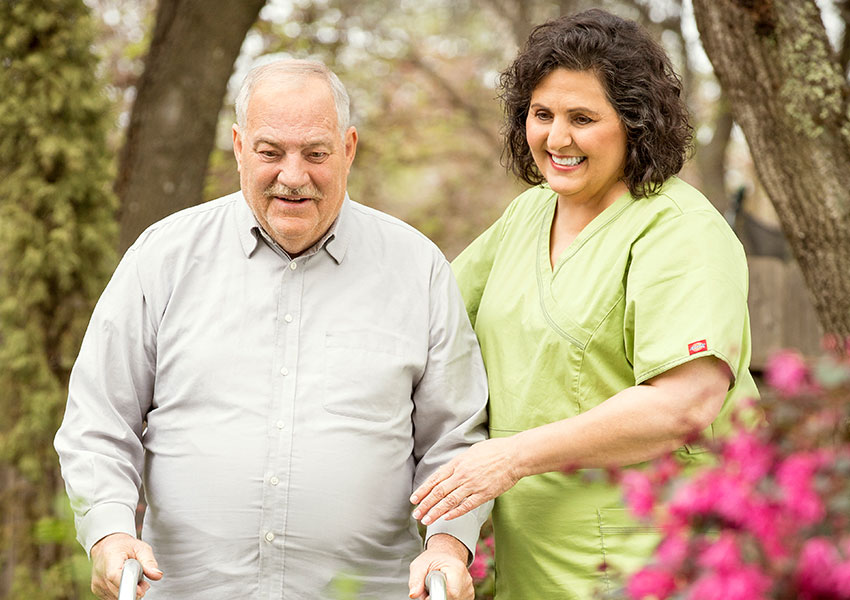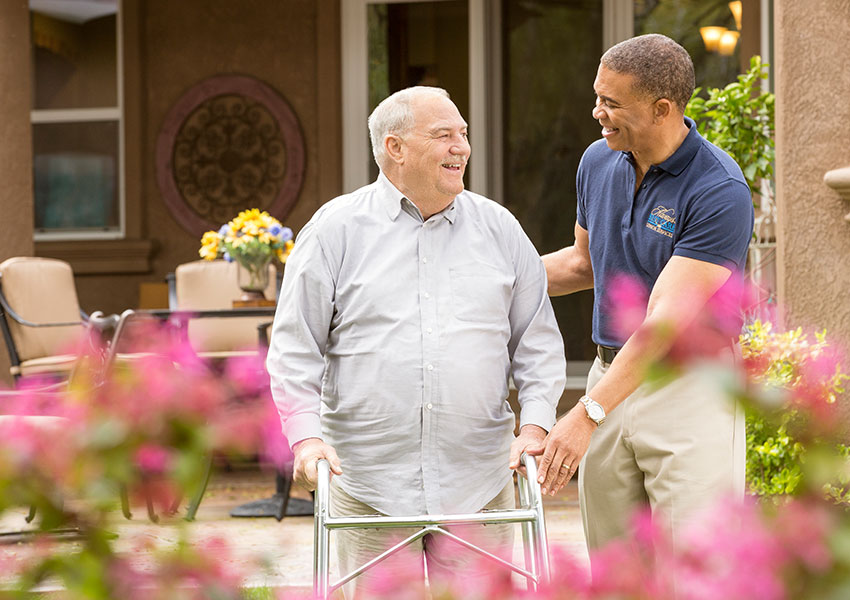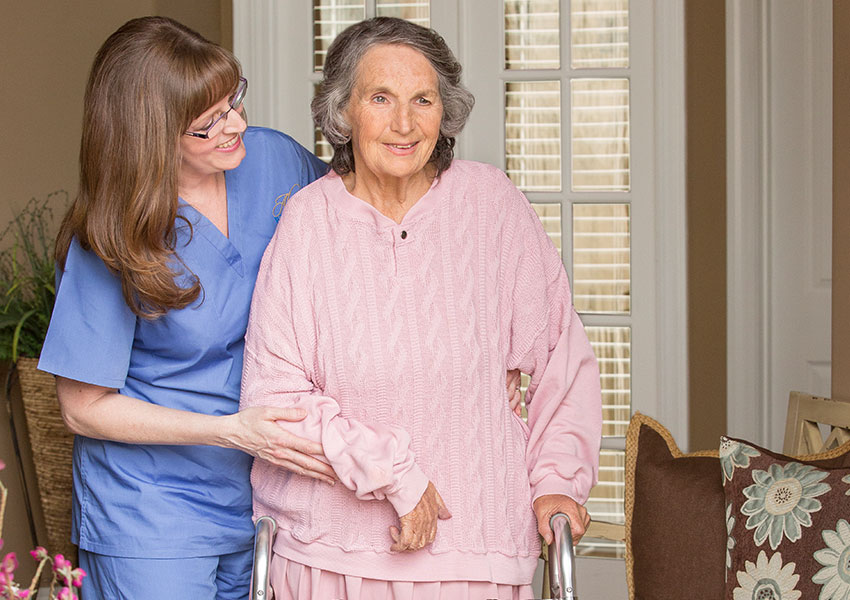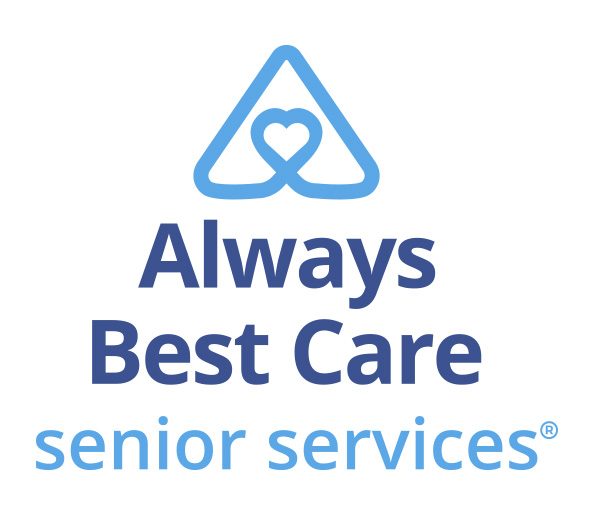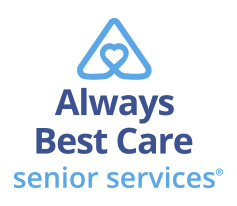One of the great challenges of caring for someone with Alzheimer’s in communicating. Alzheimer’s affects the mental processes that control memory and behavior. Over time, Alzheimer’s can affect the way a person connects with others. People who suffer from Alzheimer’s experience memory loss and changes of mood that can make having a simple conversation very difficult.
Finding ways to communicate with a loved one suffering from Alzheimer’s is an important part of senior care. If you’re a caregiver providing in home care to someone suffering from this disease, these tips can help.
Engage One-on-One
Alzheimer’s patients can spend a lot of time feeling misunderstood and disconnected from their loved ones. Engaging in one-on-one conversation while making eye contact can help your loved one feel more connected to you. Whenever possible, speak together in an environment free of distractions like loud noises and other people. Speak clearly when talking to your loved one.
Listen carefully to what your loved one has to say. Avoid the temptation to be dismissive. Your loved one may describe things that seem unusual or impossible. If you can, accept what your loved one says, and encourage them to say more.
Discuss Memories
Alzheimer’s patients spend a lot of time remembering things, sometimes very vividly. Usually these memories are quite old, since Alzheimer’s affects the ability to recall recent memories. Discussing shared memories, even if they are very old memories, can help you feel connected to your loved one. When your loved one starts to bring up a memory, indulge the train of thought. Ask your loved one to describe what they know or remember about that memory.
Be Patient
It’s easy to feel frustrated when talking to a loved one suffering from Alzheimer’s. This is especially true if conversations between you and your loved one have become less rewarding since the onset of the disease. Whereas before you may have had rich and engaging dialogue, now conversations may leave you feeling a sense of loss.
It’s important to speak with your loved one with patience, understanding and compassion. If you’re feeling overwhelmed by your frustration, step away from the situation until you feel calmer.
Step Into Their World
Sometimes a person suffering from Alzheimer’s may seem to live in their own fantasy world. They may say outrageous things, make unreasonable requests or talk about the impossible as if it were true. It’s hard for the person suffering from the disease if they are constantly contradicted by everyone around them. This can lead the person to become agitated, upset and further disconnected from their loved ones and the rest of the world.
Often, the best way to engage with someone suffering from Alzheimer’s is to meet them on their level. Talk about the fantasy as if it were true. Discuss the impossible as if it was taking place. This can be seen as supportive, and affirming, and can help calm your loved one.
Seek Help
Communication with a loved one suffering from Alzheimer’s is especially difficult if you’re feeling isolated in your experience. Some people find it’s helpful to seek comfort from support groups. It’s calming to be surrounded by people who can understand how you feel and what you’re going through. It also helps to talk to people who are going through a similar experience because they may have tips and tricks to share.
Another way to relieve some of the pressure on the relationship is by seeking help from a professional caregiver for in home care. Knowing that someone else is there to help provide senior care can make the experience of communicating less frustrating. It often becomes easier to connect when you know that someone else will be there to help when things get hard.
If you’re taking care of someone who is suffering from Alzheimer’s, now is the time to get your loved one in home care. Contact Always Best Care for information about in home senior care. We’ll be happy to schedule a care consultation to discuss how your loved one (and you) can benefit from professional in home care. Call us today at (855) 470-2273 to get started.








